- Continue Shopping
- Your Cart is Empty
"No apparent reason..."
Yesterday, I was talking to one of my friends about what was going on in his cool fish room, and he was telling me that he was just looking to see what fishes were “breaking out”, which ones could be doing better, and which ones were in trouble. A cool, useful practice that many of us engage in with our tanks. He and I reflected on the fact that, on any given day in a lot of fish rooms, you’ll some find fishes or tanks that were “kicking but, some that could look better, and some that just “bought the farm” for no apparent reason.
“No apparent reason…”
Familiar words, actually. I hear them often when talking to fellow hobbyists who, calling us for advice, assistance, or just encouragement, will say things like, “…and they were looking great the other day, and today- they’re just failing to thrive for no apparent reason.”
You see it on the forums- at least a dozen threads every day about “anomalous” fish losses. This is not a new thing. It’s not even an unusual thing. It happens. A lot.
Back when I co-owned Unique Corals, a large coral propagating operation, with thousands of pieces under our care, we needed to assess and get to the bottom of whatever went wrong- because if it spread, it could have jeopardized our inventory. Not good when you make a living growing corals. Oh, sure, we had safeguards in place, but you need to attempt to find the root cause of the problem, lest it occur elsewhere in your facility.
Over the years, I’ve learned that there is ALWAYS a reason why fishes or corals struggle or die. We may not always find the ONE factor- the one thing that did it…But there is always a reason, or bunch of reasons- why the fishes or corals didn’t make it.

On the other hand…sometimes, you just can't seem to pin it down, right? You go through the mental checklists of things that you do. Some change in the usual product additions, feedings, procedures, etc. You look at water parameters, search for trends. Look for one thing you did differently two days ago that could have been the trigger for the calamity…And still, the answer eludes you.

The unfortunate, unscientific, and altogether unsatisfying conclusion that we come up with after exhausting the obvious- and even the obscure- is often- the fish simply died for “no apparent reason.”
That sucks. It’s frustrating, because of course, there are reasons why the fishes died. Often, its more than one factor that contributed.
And you can’t find them. Can’t pin down the cause.
Without sounding like the proverbial broken record, this reinforces the usefulness of regular water testing, because when tests are performed regularly and evaluated frequently, you’ll spot trends.

Trends are super important in aquarium management, aren’t they? They help you see what direction your system is headed. They help you see if your parameters are stable, swinging all over, or just headed in one direction or another. Without getting too caught up in “big data”, you can get some good feeling for how your tank is doing by sifting through the data regularly. This seems obvious, but you'd be surprised how often many of us don't do this...
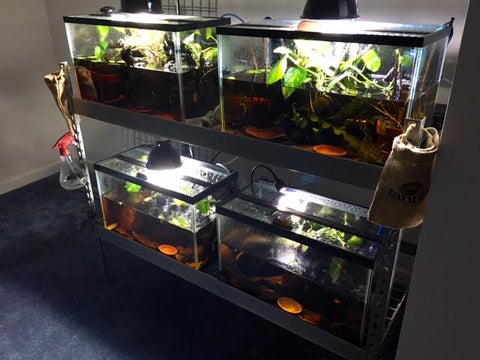
And there is no substitute at all for the simple, and often quite enjoyable- act of just looking at your aquarium. Every parameter is important, but if your tank looks like shit, does it really matter if phosphate is .04ppm or .08ppm? Your eyes are probably one of the best aquarium testing devices ever conceived…you just need to apply them regularly! In our busy lives, the surprisingly simple act of allocating the time to just look at our beautiful tanks sometimes eludes us...how ironic is that?
So the altogether unsatisfying conclusion of this discussion? Sometimes you just can’t find the source of the decline in your aquarium, or why you lost that particular fish. Sometimes the data eludes us. Sometimes, things crap out... "just because.”
There are a lot of “moving parts” in a typical aquarium, and the failure of any one of them may or may not trigger a problem…it can be frustrating ferreting out which of the 5 dozen possible things that could have gone wrong might have lead to the problem you experienced!
Part of what makes the “job” of the hobbyist so enjoyable is the search for knowledge…the camaraderie that arises from our community putting their heads together to answer great questions…and sometimes, just to share "war stories" with fellow fish geeks. To learn and grow together as a community.

The reality is that the reasons for your fish death or tank decline are absolutely out there.
Yet...they may not be something we’re able to define precisely.
Frustrating? Yes.
Enjoy the art and science of aquarium keeping. keep growing, searching- sharing.
And Stay Wet.
Scott Fellman
Tannin Aquatics

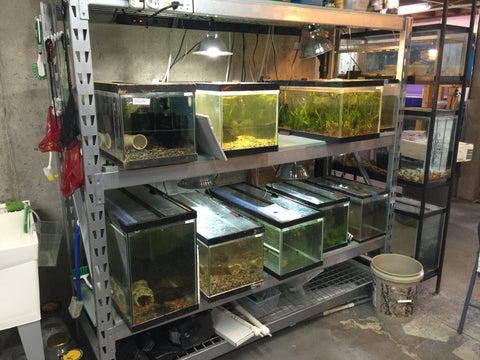

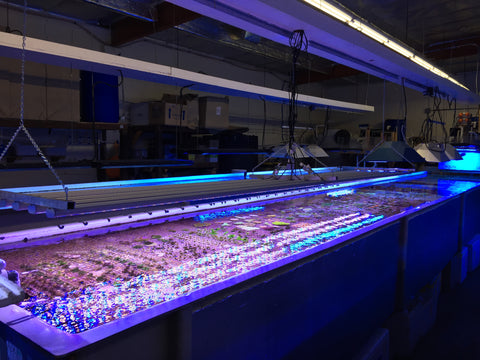
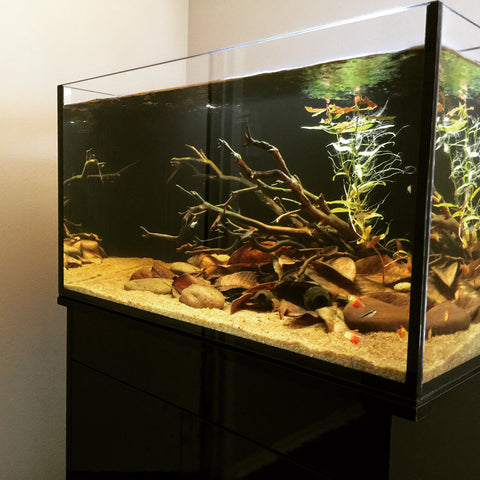


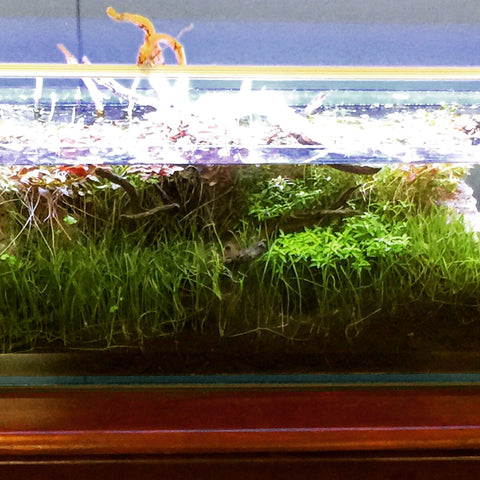






Scott Fellman
Author